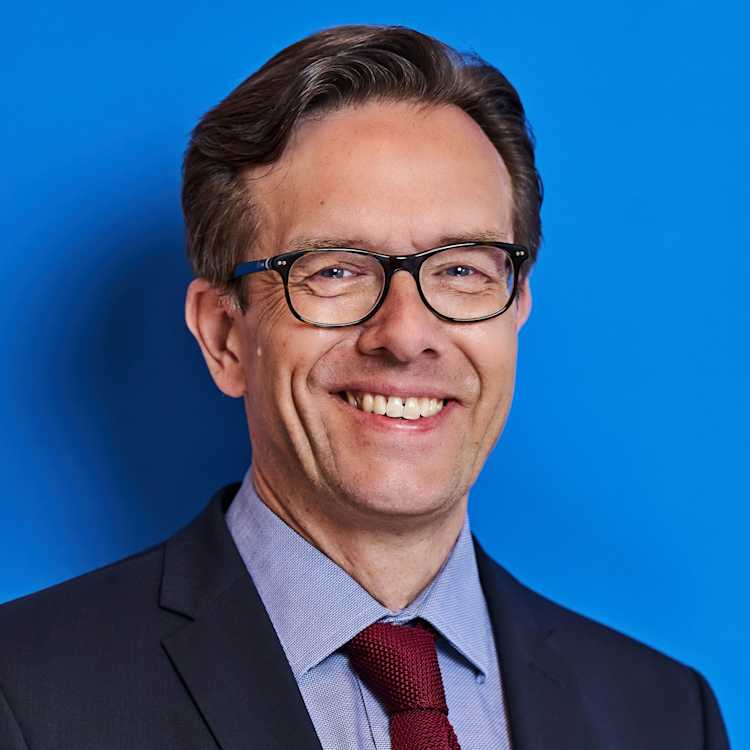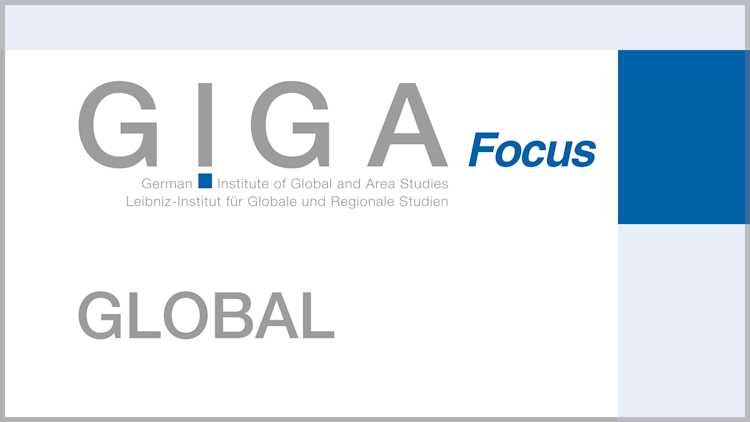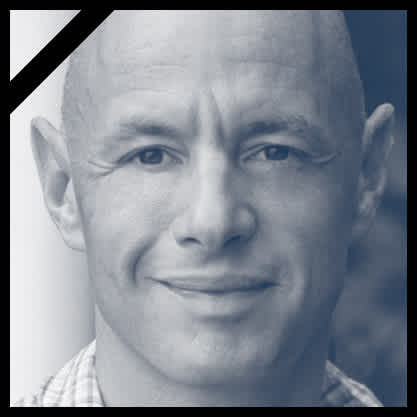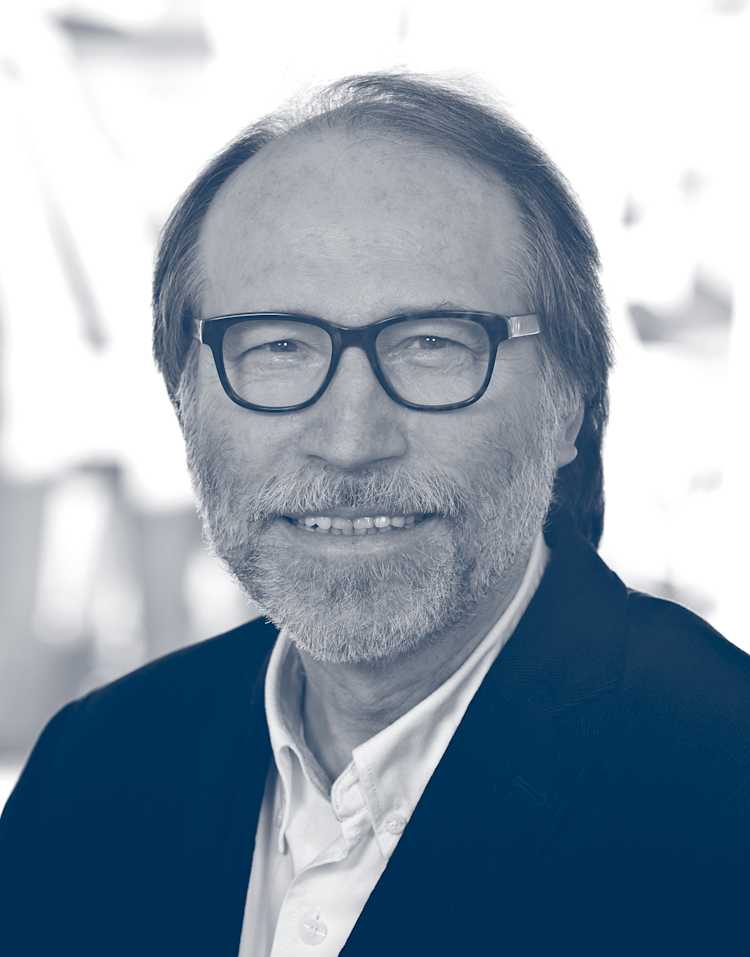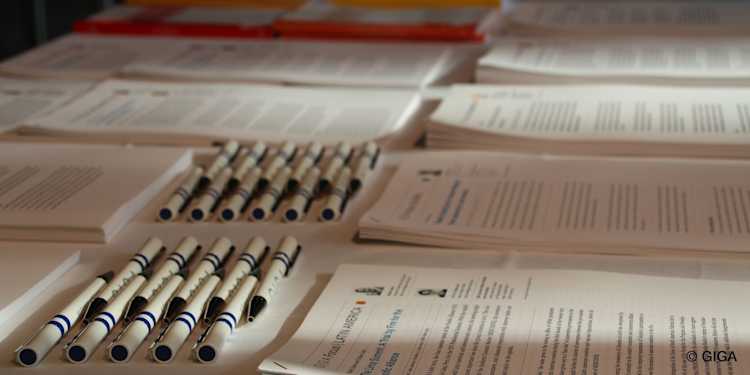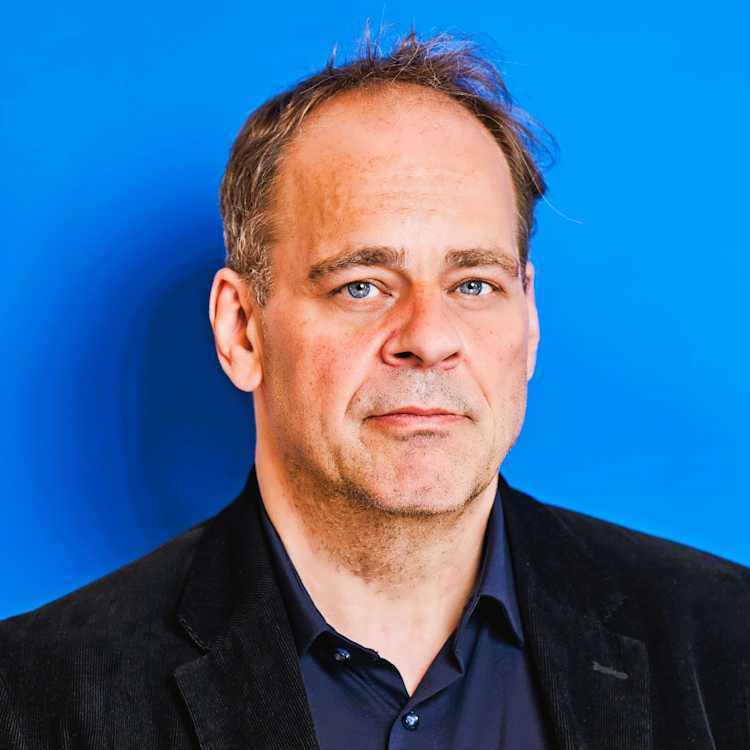- Home
- Publications
- GIGA Focus
- Think Tanks: Their Development, Global Diversity and Roles in International Affairs
GIGA Focus International Edition English
Think Tanks: Their Development, Global Diversity and Roles in International Affairs
Number 6 | 2011 | ISSN: 1862-3581
The London-based Royal United Services Institute, one of the oldest continuously existing think tanks in the world, is celebrating the 180th anniversary of its founding this year. Other British and American think tanks with a focus on international affairs have been popping up for the past hundred years or so and have strong global reputations.
Analysis
Think tanks have not remained a British or American phenomenon. Rather, thousands of think tanks have been founded in many other parts of the world. Still, the term "think tank" has remained ambiguous, reflecting the substantial diversity of think tanks' functions and forms.
While many definitions of think tanks emphasize the public policy focus of such organizations, the particular roles that think tanks actually play – either individually or as a group within a given context – need to be determined empirically. The same holds true for the supposedly positive role think tanks play in civil society.
The substantial diversity of think tanks around the globe reflects external parameters such as the general character and dynamics of the political regimes as well as the institutional specifics of the political systems under which think tanks operate, the particular "demand" for their services in different contexts, the availability of funding, the importance of other “suppliers” of policy-relevant knowledge, as well as the initiative and leadership of individual think tank-based policy entrepreneurs.
Think tanks can play a multitude of roles in international affairs – for example, they can provide opportunities for interactions and discussions among professionals within and across national borders; raise awareness and help set relevant agendas; inform and defend the foreign policies of individual states; engage in informal diplomacy; and nurture next-generation scholars and practitioners of international affairs.
Footnotes
Regional Institutes
Research Programmes
How to cite this article
Köllner, Patrick (2011), Think Tanks: Their Development, Global Diversity and Roles in International Affairs, GIGA Focus International Edition English, 6, Hamburg: German Institute for Global and Area Studies (GIGA), http://nbn-resolving.de/urn:nbn:de:0168-ssoar-309664
Imprint
The GIGA Focus is an Open Access publication and can be read on the Internet and downloaded free of charge at www.giga-hamburg.de/en/publications/giga-focus. According to the conditions of the Creative-Commons license Attribution-No Derivative Works 3.0, this publication may be freely duplicated, circulated, and made accessible to the public. The particular conditions include the correct indication of the initial publication as GIGA Focus and no changes in or abbreviation of texts.
The German Institute for Global and Area Studies (GIGA) – Leibniz-Institut für Globale und Regionale Studien in Hamburg publishes the Focus series on Africa, Asia, Latin America, the Middle East and global issues. The GIGA Focus is edited and published by the GIGA. The views and opinions expressed are solely those of the authors and do not necessarily reflect those of the institute. Authors alone are responsible for the content of their articles. GIGA and the authors cannot be held liable for any errors and omissions, or for any consequences arising from the use of the information provided.
